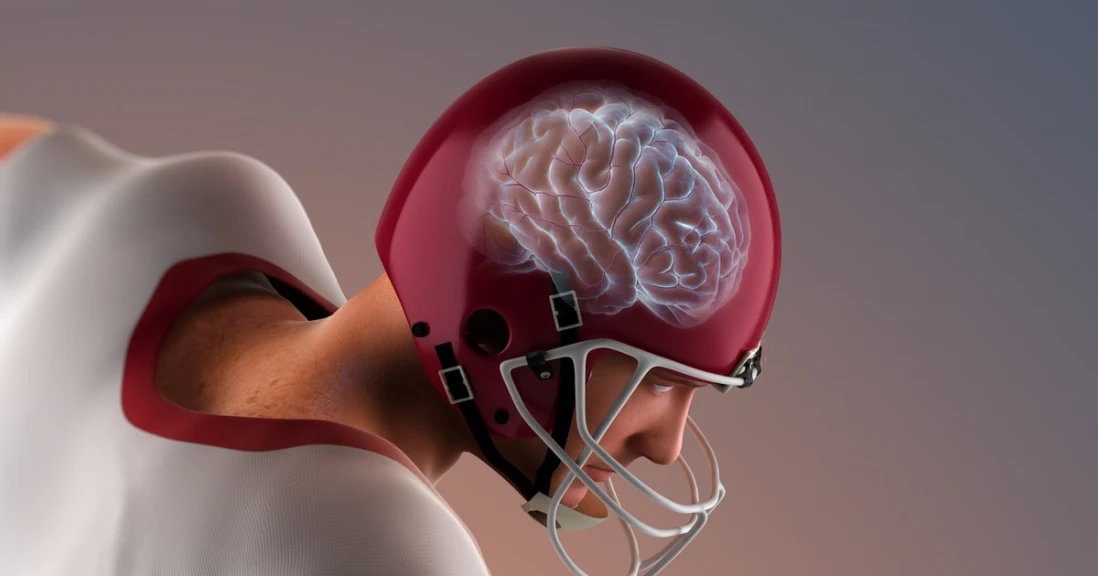
Concussion Awareness and Management
 Concussion is one of those buzz words in almost any medical atmosphere and has been for several years now. And it’s understandable because the implications of one are scary. Sports like football and soccer are just a few that rates of concussions continue to rise. Here are some tips that current research suggests may help to get you or your child back on the field sooner.
Concussion is one of those buzz words in almost any medical atmosphere and has been for several years now. And it’s understandable because the implications of one are scary. Sports like football and soccer are just a few that rates of concussions continue to rise. Here are some tips that current research suggests may help to get you or your child back on the field sooner.
One should start by taking an ImPACT test, which is the gold standard to get a baseline measurement of your brain function. This can be taken online or you can get one at a neurologist or neurosurgeons office. Aside from the test, there are many signs and symptoms to be aware of, including but not limited to: headache, fatigue, nausea and/or vomiting, tinnitus (ringing in the ears), change in sleep, change in mood, photophobia (pain with bright lights). Loss of consciousness does not always occur, but if it does it is automatically diagnosed as a concussion.
If you do in fact have a concussion, the most important thing to do is rest. Our brain is used for so many daily functions, that the more you can shut down and relax, the more your brain can do the same. An important feature within this is limiting screen time to a total of 2 hours total per day. That includes television, computers, cell phones, projectors, video games, etc. Many times this may require a note to relieve you from work or school as it is hard to avoid these. If you could basically lay or sleep in a cool dark room, that would be to most ideal setting for your brain to relax and recoup.
When your symptoms have resolved (some research argues for at least 72 hours- to 1 week of being completely symptom free. Others argue 4 weeks.) you can begin to think about returning to your usual activities. Most people will require some sort of part time and/or partial duty. For the athletes this may entail returning to conditioning, but not to full contact. If these do not induce symptoms, then you can gradually increase to full play/full activity. Some people require another ImPACT test to confirm cognitive function is full and other may require physical therapy for vestibular (balance) rehab, gradual increased exertion exercises, etc. As always, if you are unsure, it is imperative you see a health care practitioner right away as returning to soon can lead to much more serious implications.